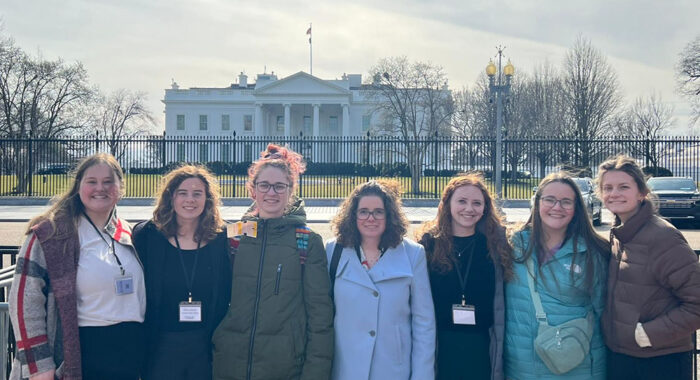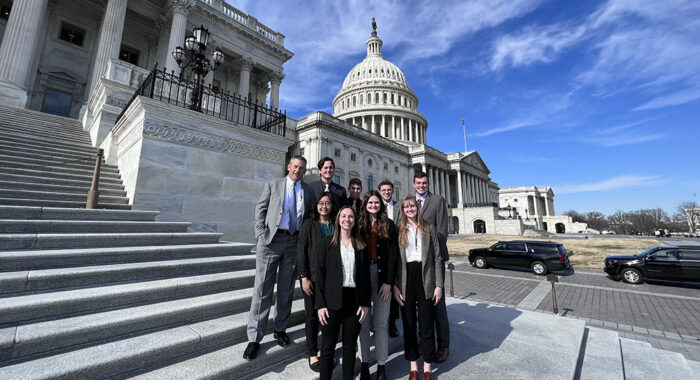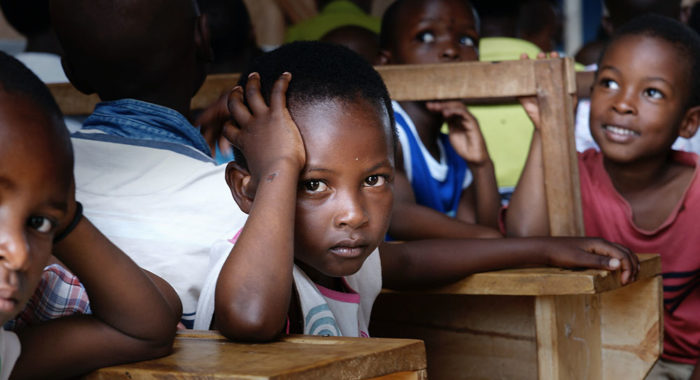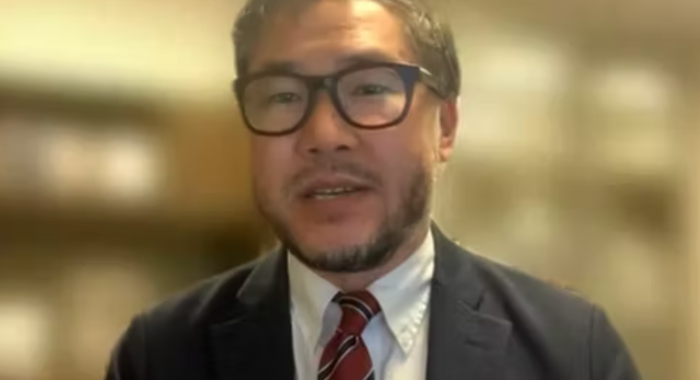The Board of Directors of the National Association of Evangelicals (NAE) approved a resolution at its semiannual meeting in March calling on the President and Congress to address the national debt in a way that protects and lifts up the poor.
“Clearly the current fiscal course is not sustainable,” said Leith Anderson, NAE President. “We welcome the renewed attention on the national debt, which now tops $14 trillion. At the same time, we urge special attention to how new legislation would impact those who are poor.”
Most Americans overestimate what percentage of their tax dollars go overseas, believing that 23 percent is allocated for international assistance.[i] However, non-security aid to the world’s poor receives only 1 percent of the federal budget.[ii] Even with government and private charities working together, more than 1 billion people struggle to survive on less than $1.25 a day.[iii] If lifesaving foreign assistance is cut drastically, vulnerable people will suffer and some will die. Private programs, including those run by NAE member organizations, are unlikely to be able to make up the difference.
In the resolution, the NAE Board of Directors, which includes CEOs of denominations and representatives of a broad array of American evangelical organizations including missions, universities, publishers and churches, recognizes the fiscal crisis as a spiritual issue citing persistent deficit spending, whether at the personal or national level, as violating biblical teaching.[iv]
“The Bible encourages wise stewardship and calls nations to uphold justice and compassion for the poor and vulnerable,” said Galen Carey, NAE Director of Government Affairs. “Smart and cost-effective strategies to help those living in poverty are in the national interest and should be maintained and strengthened even as we make necessary adjustments elsewhere.”
The resolution, titled “Lowering the Debt, Raising the Poor,” states, “The NAE renews its call for the President and Congress to demonstrate moral leadership and fiscal integrity in addressing the national debt. This will require extraordinary political courage, bipartisan cooperation and shared sacrifice. Every major area of expense and revenue must be scrutinized – particularly those that have contributed the most to the deficit.”
[i] “Public Perceptions of Foreign Assistance,” Monday Developments, Interaction (July 2009, p. 14).
[ii] ForeignAssistance.gov. http://www.foreignassistance.gov/AboutTheData.aspx. Accessed 2011-03-17.
[iii] The World Bank. http://web.worldbank.org/WBSITE/EXTERNAL/TOPICS/EXTPOVERTY/0,,contentMDK:22569498~pagePK:148956~piPK:216618~theSitePK:336992,00.html. Accessed 2011-03-17.
[iv] Lowering the Debt, Raising the Poor 2011. http://www.nae.net/government-affairs/policy-resolutions/541-lowering-the-debt-raising-the-poor-2011



 View All Updates
View All Updates 




























